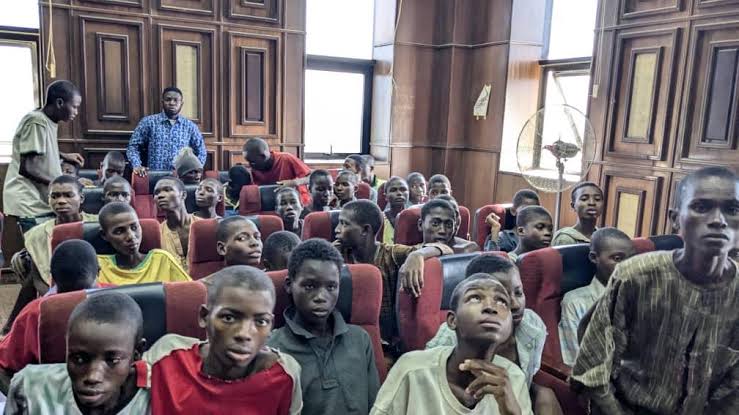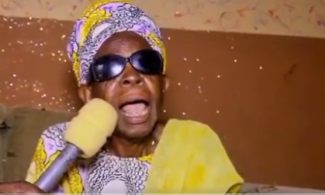Dr. M.O. Ubani, SAN, is a respected Legal and Policy Analyst with extensive expertise in constitutional law and governance issues in Nigeria. He has published numerous analyses on electoral law, statutory interpretation, and public policy, and frequently provides advisory insight to legal and governmental bodies.
Following widespread speculation on the eligibility of former President Goodluck Ebele Jonathan to contest the 2027 presidential election, constitutional clarifications have emerged. Dr. M.O. Ubani, Senior Advocate of Nigeria (SAN) and legal analyst, has provided an authoritative interpretation of the relevant legal provisions.
The controversy centers on Section 137(3) of the 1999 Constitution of Nigeria (as amended by the Fourth Alteration, 2018), which states:
“A person who was sworn in to complete the term for which another person was elected as President shall not be elected to the office of President more than once.”

This provision was intended to prevent a Vice President, or any successor who completes the tenure of a deceased or removed President, from serving more than two full terms.
Former President Jonathan assumed office in 2010 following the death of President Umaru Musa Yar’Adua and subsequently won the 2011 presidential election, serving a full term until 2015. He later contested and lost in 2015. According to Dr. Ubani, Jonathan has only been elected once, in 2011, and his succession in 2010 was by operation of law under Section 146(1) of the Constitution, not by electoral mandate.
The courts have previously addressed this issue. In Andy Solomon & Idibiye Abraham v. Dr. Goodluck Ebele Jonathan & Ors. (FHC/YNG/CS/86/2022), the Federal High Court, Yenagoa, ruled that Section 137(3) cannot be applied retroactively to disqualify Jonathan. Earlier, the FCT High Court in Cyriacus Njoku v. Dr. Goodluck Ebele Jonathan (2015) also affirmed his eligibility.
Dr. Ubani emphasized that retrospective application of statutes is generally impermissible in Nigeria, citing precedents including Nwobodo v. Onoh, Afolabi v. Governor of Oyo State, and Uwaifo v. Attorney-General of Bendel State. As a result, Jonathan remains constitutionally eligible to contest the 2027 election.
“Whether former President Jonathan chooses to run, or whether Nigerians support his candidacy, are purely political questions. The law, however, is clear: he is eligible,” Dr. Ubani concluded.

Signed:
Dr. M.O. Ubani, SAN
Legal & Policy Analyst
Email: [ubangwa@gmail.com](mailto:ubangwa@gmail.com)
READ MORE:
Why I Was Very Reluctant To Become Vice President – Goodluck Jonathan









